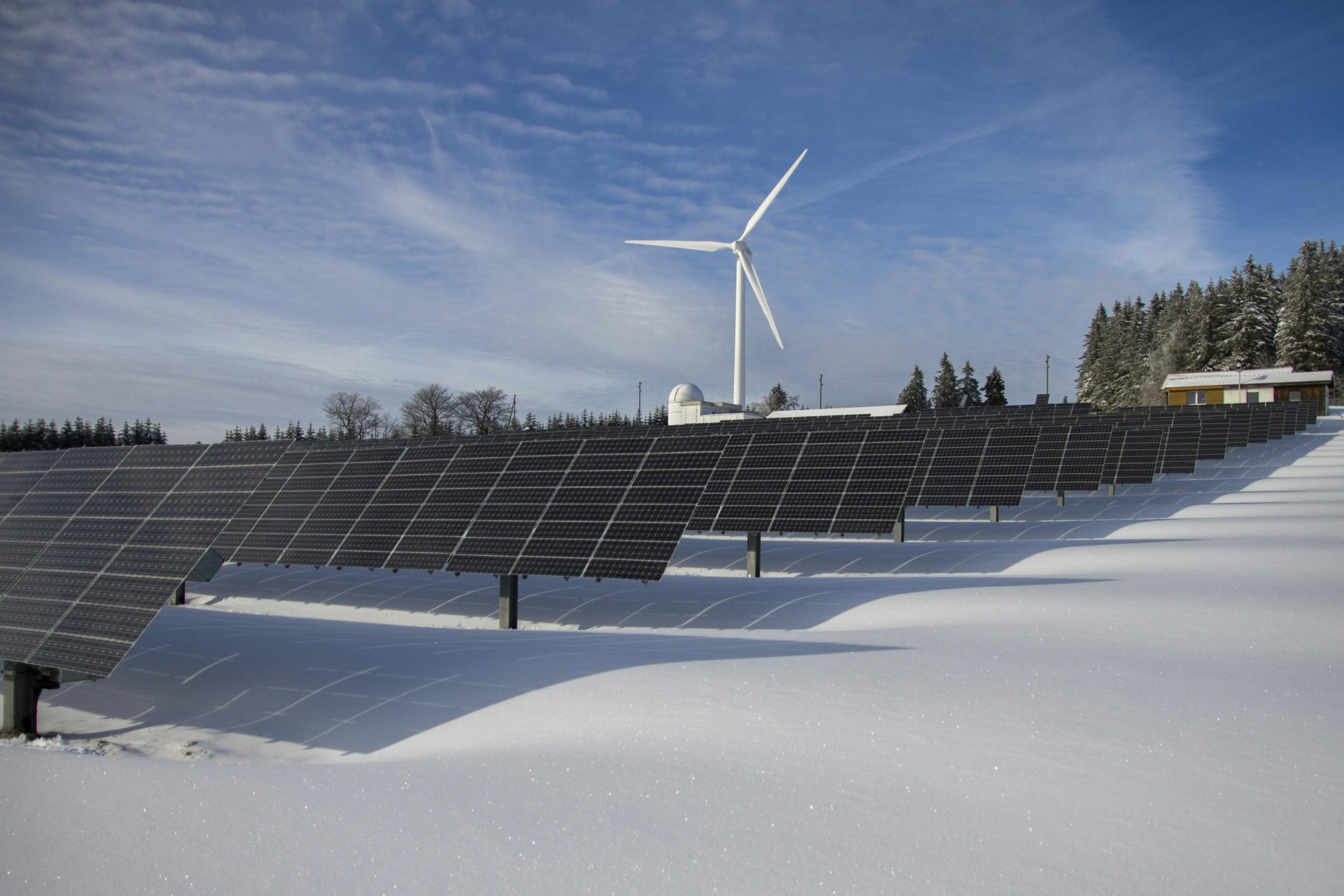The growing popularity of solar energy has led to an increase in suppliers offering solar power systems. Choosing a reliable supplier is essential to ensure you receive a high-quality, efficient, and cost-effective solution. This guide will help you identify key factors to consider when selecting a solar power system supplier.
1. Understanding the Importance of a Reliable Solar Power System Supplier
Selecting a trustworthy supplier ensures you invest in a durable and efficient solar power system. A reliable supplier offers quality products, transparent services, and long-term support. With so many providers in the market, knowing what sets a reputable supplier apart can simplify the decision-making process.
2. Evaluate the Supplier’s Experience and Expertise
Experience often correlates with reliability in the solar industry. Suppliers with years of experience typically have a better understanding of the technology, market trends, and customer needs. Look for suppliers with a proven track record in providing high-quality solar power systems. Reviewing case studies or client testimonials can give insights into their expertise and the quality of their products.
3. Check for Certifications and Industry Compliance
Certifications indicate a supplier’s commitment to industry standards and quality. Look for suppliers with certifications from recognized organizations, such as the International Electrotechnical Commission (IEC) or UL certification. These certifications ensure that the solar power systems meet safety and efficiency standards, guaranteeing reliable performance over time. A supplier with industry compliance shows a dedication to maintaining high standards.
4. Research the Quality of Solar Components Offered
High-quality solar components are critical for the efficiency and longevity of a solar power system. Reliable suppliers use reputable brands for solar panels, inverters, and batteries. Research the brands they offer and verify their market reputation. The quality of the components directly impacts the performance and durability of your solar system, making it essential to choose a supplier who provides top-tier products.
5. Consider the Supplier’s Warranty and Service Support
A strong warranty indicates confidence in the products offered. Reputable solar power suppliers provide warranties that cover solar panels, inverters, and other components for extended periods. They also offer service support for installation, maintenance, and repair. Ensure that the supplier has a well-structured support system to address any issues that may arise, providing peace of mind throughout your system’s lifespan.
6. Assess Customer Reviews and Testimonials
Customer feedback offers valuable insights into the supplier’s reliability and quality of service. Online reviews and testimonials highlight strengths and potential weaknesses of a supplier. Look for patterns in customer experiences, particularly regarding product quality, installation process, and after-sales support. Positive feedback often indicates a supplier’s dedication to customer satisfaction.
7. Compare Pricing and Financing Options
Cost is a significant factor in choosing a solar power system supplier. Compare pricing from different suppliers, ensuring you’re receiving a fair deal without compromising on quality. Many suppliers offer financing options to make solar investments more accessible. Look for transparent pricing and assess whether the supplier offers options like leasing, loans, or power purchase agreements (PPAs) to fit your budget.
8. Ensure Transparent and Clear Communication
A reliable supplier maintains clear and open communication throughout the purchasing process. They provide transparent information on products, warranties, and financing options. Effective communication allows you to make informed decisions, ensuring you understand all terms and conditions. Avoid suppliers who are vague or unresponsive, as these may lead to challenges later on.
9. Investigate the Supplier’s Installation and Maintenance Services
Installation quality is crucial for the optimal performance of your solar power system. Some suppliers offer in-house installation teams, while others outsource. Verify whether the installation team is trained and certified to handle solar systems. Additionally, inquire about maintenance services, as regular upkeep ensures the efficiency and longevity of your system. Choosing a supplier who offers comprehensive services can save time and costs in the long run.
10. Look for Local Knowledge and Community Engagement
Local suppliers often have a better understanding of region-specific needs, including climate and local regulations. They may also be more accessible for installation, maintenance, and support services. Additionally, some suppliers engage in community outreach and sustainable initiatives, showing commitment to environmental responsibility. Supporting such suppliers aligns with the values of solar energy and promotes local economic growth.
11. Analyze the Supplier’s System Performance and Efficiency
Efficiency is a primary consideration when investing in a solar power system. A reputable supplier can provide performance metrics and expected energy outputs for their systems. Request information on system performance in various conditions and look for suppliers who can guarantee high efficiency, especially if you have limited roof space. The more efficient the system, the faster you can achieve energy savings and return on investment.
12. Examine the Supplier’s Response to Technological Advancements
The solar industry continually evolves, with new technologies enhancing efficiency and reducing costs. A reliable supplier keeps pace with these advancements and offers up-to-date solutions. Ask whether the supplier incorporates the latest technologies, such as bifacial panels or advanced inverters. Choosing a supplier who embraces innovation ensures you invest in a system that remains efficient and competitive over time.
13. Verify the Supplier’s Commitment to Sustainability
Sustainability is at the heart of the solar energy industry. Reliable suppliers often demonstrate environmental responsibility by minimizing waste and adopting sustainable practices in production and installation. Check if the supplier follows eco-friendly policies, such as recycling programs or partnerships with green organizations. A supplier’s commitment to sustainability aligns with the goal of reducing carbon footprints through solar energy.
14. Evaluate Payment and Contract Terms
Contract transparency is essential when purchasing a solar power system. Read and understand the payment and contract terms, including upfront costs, monthly payments, and any potential hidden fees. Reputable suppliers clearly outline these terms, helping you avoid unexpected charges. Ensure that you fully comprehend the contract to make a financially sound investment.
15. Seek Referrals from Trusted Sources
If you’re unsure about a supplier, consider seeking referrals from trusted sources. Recommendations from family, friends, or business associates can be helpful in finding a reputable solar power system supplier. Trusted referrals provide insights based on real experiences, helping you feel more confident in your choice.
Conclusion: Making an Informed Choice
Choosing the right solar panel production companies requires thorough research and evaluation. By considering factors like experience, certifications, customer reviews, and sustainability practices, you can make an informed choice. Investing in a reliable solar power system supplier ensures a quality, efficient, and long-lasting solution that meets your energy needs. Take the time to assess each aspect, and enjoy the benefits of sustainable energy for years to come.




